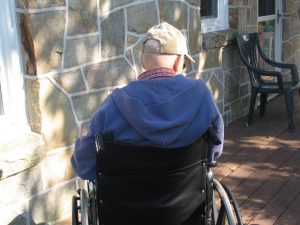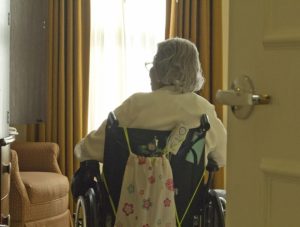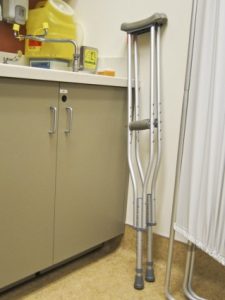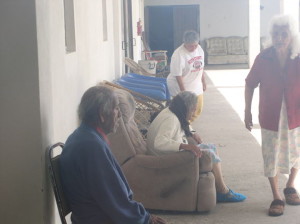The U.S. Health and Human Services Department, the agency that oversees and controls more than $1 trillion in Medicaid and Medicare funding has made a bold move to protect the rights of nursing home patients and their families. The agency has just issued a new rule that prohibits any nursing home that receives federal funding (pretty much all of them) from forcing victims of elder abuse, sexual harassment or wrongful death into private arbitration dispute resolution, rather than court. 
The rule would affect nursing homes across the nation caring for approximately 1.5 million residents.
Arbitration agreements, often stuffed into the admissions paperwork, require patients and their families to settle their complaints about the quality of care or serious abuse before a private arbitrator. The outcomes of these dispute resolutions are often heavily skewed in favor of the industry. Not only are damage awards less likely, they are lower when they are awarded. Arbitrators aren’t required to follow the law and their proceedings are not made public. Although this has tremendously aided the nursing home industry in driving down litigation costs, it has proven a serious roadblock to justice for elderly patients and families of patients who have been abused and neglected. Continue reading ›
 Florida Injury Lawyer Blog
Florida Injury Lawyer Blog














